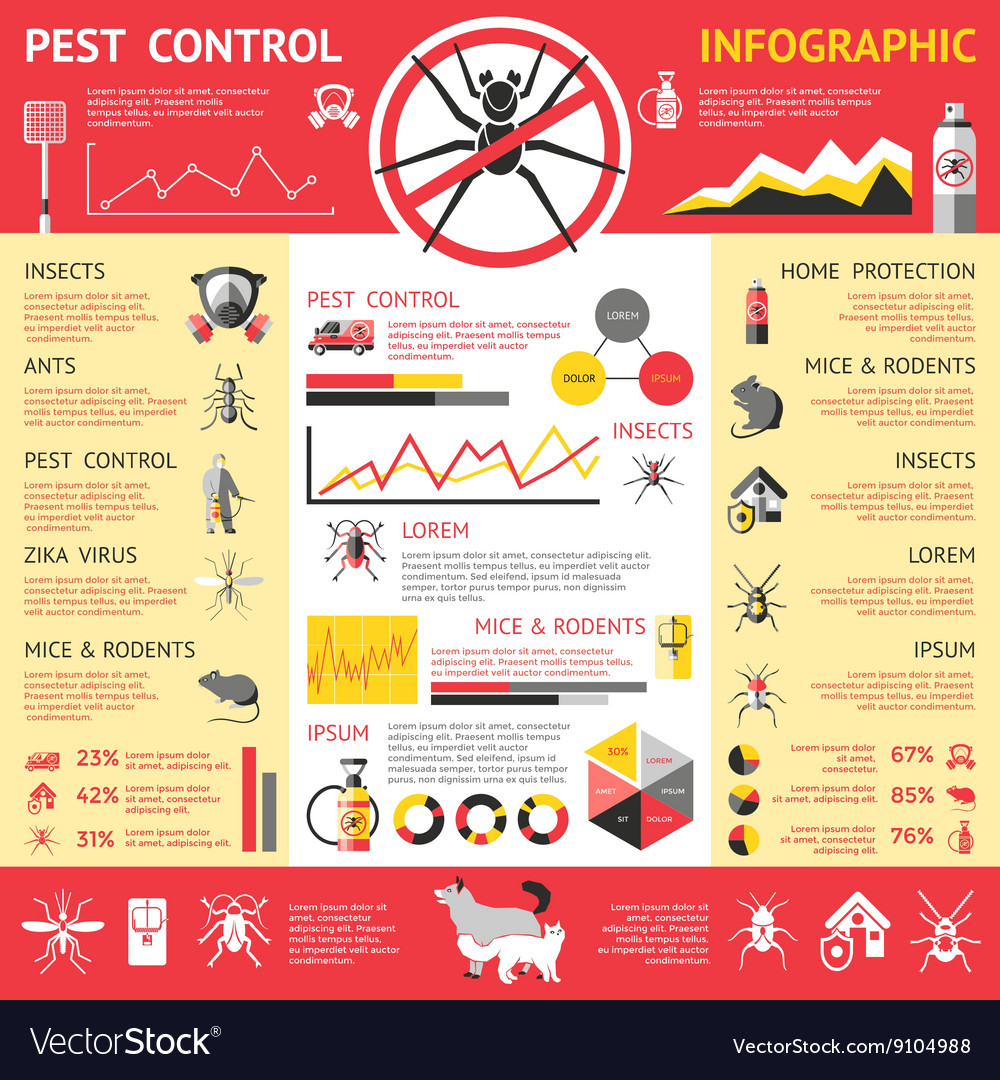Pest-Proofing Your Yard: Tips For Maintaining Outdoor Insects Away
Pest-Proofing Your Yard: Tips For Maintaining Outdoor Insects Away
Blog Article
Content Author-Thorpe Qvist
Picture your yard as a sanctuary, a place of tranquility and beauty. However, the visibility of exterior bugs can quickly interrupt this ideal image. What happens if there were straightforward yet effective methods to keep these unwelcome site visitors at bay and shield your yard oasis? By complying with a couple of functional pointers and applying all-natural strategies, you can produce an unified outside space where your plants can thrive undisturbed.
Natural Insect Deterrents
To maintain bugs away from your garden naturally, plant fragrant herbs like mint and lavender. These aromatic plants not just include elegance to your yard yet also work as efficient parasite deterrents. Insects like mosquitoes, flies, and also some garden-damaging bugs are driven away by the solid aromas discharged by these herbs. Just placing them purposefully around your yard can assist produce a natural obstacle against undesirable pests.
In addition to mint and lavender, consider growing various other natural herbs like rosemary, basil, and lemongrass to even more improve your garden's pest-proofing capacities. These natural herbs not only serve as natural repellents but likewise have the included benefit of serving in cooking or crafting self-made remedies.
Strategic Plant Placement
Think about the design of your garden and the kinds of plants you have to strategically position them for maximum pest-proofing performance.
Start by grouping wood destroying insect inspection with comparable resistance to bugs together. By doing this, you can produce a natural barrier that prevents bugs from spreading throughout your garden.
Furthermore, positioning pest-repelling plants like marigolds, lavender, or mint near even more at risk plants can help secure them. High plants, such as sunflowers or corn, can work as a shield for much shorter plants against insects like rabbits or ground-dwelling insects.
Keep in https://raccoonremovalattic28394.blogadvize.com/32930583/selecting-the-correct-termite-administration-service-for-your-residence to leave sufficient room in between plants to improve air flow and lower the threat of diseases that pests may carry.
Additionally, think about planting strong-smelling herbs like rosemary or basil near susceptible plants to puzzle pests' detects and make it harder for them to locate their targets.
Efficient Pest Control Methods
For combating garden bugs successfully, applying a multi-faceted bug control approach is crucial. Begin by encouraging all-natural killers like birds, ladybugs, and praying mantises to help maintain bug populaces in check. Introducing plants that bring in these valuable insects can help in pest control. In addition, exercising excellent yard health by eliminating debris and weeds where parasites could conceal can make your yard less welcoming to unwanted visitors.
Take into consideration using physical barriers such as row cover textiles or netting to secure at risk plants from pests like caterpillars and birds. Using natural pesticides like neem oil or insecticidal soap can additionally work against certain pests while being much less dangerous to useful bugs and the atmosphere. It's essential to turn your crops each season to avoid the buildup of insect populaces that target particular plants.
Consistently check your plants for signs of parasite damages so you can take action quickly. By combining these approaches and remaining cautious, you can efficiently control garden pests and take pleasure in a successful, pest-free yard.
Conclusion
So, there you have it - with the appropriate methods, you can keep pesky outdoor pests far from your yard and assist your plants flourish.
Did you know that planting mint has been shown to push back mosquitoes and various other insects, reducing the need for unsafe pesticides by approximately 60%?
By including natural deterrents and wise planting techniques, you can produce a lovely and pest-resistant garden oasis for you to enjoy.
